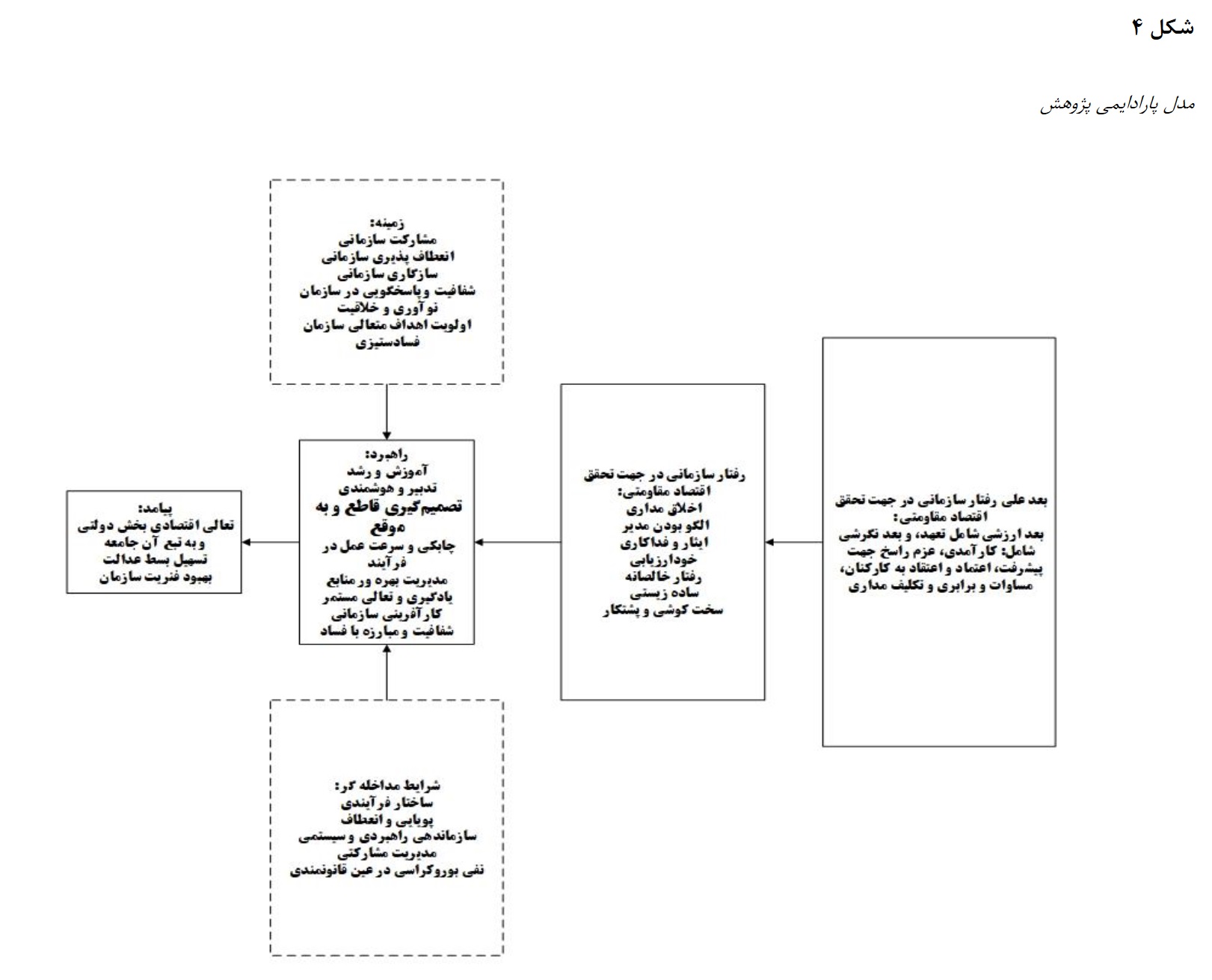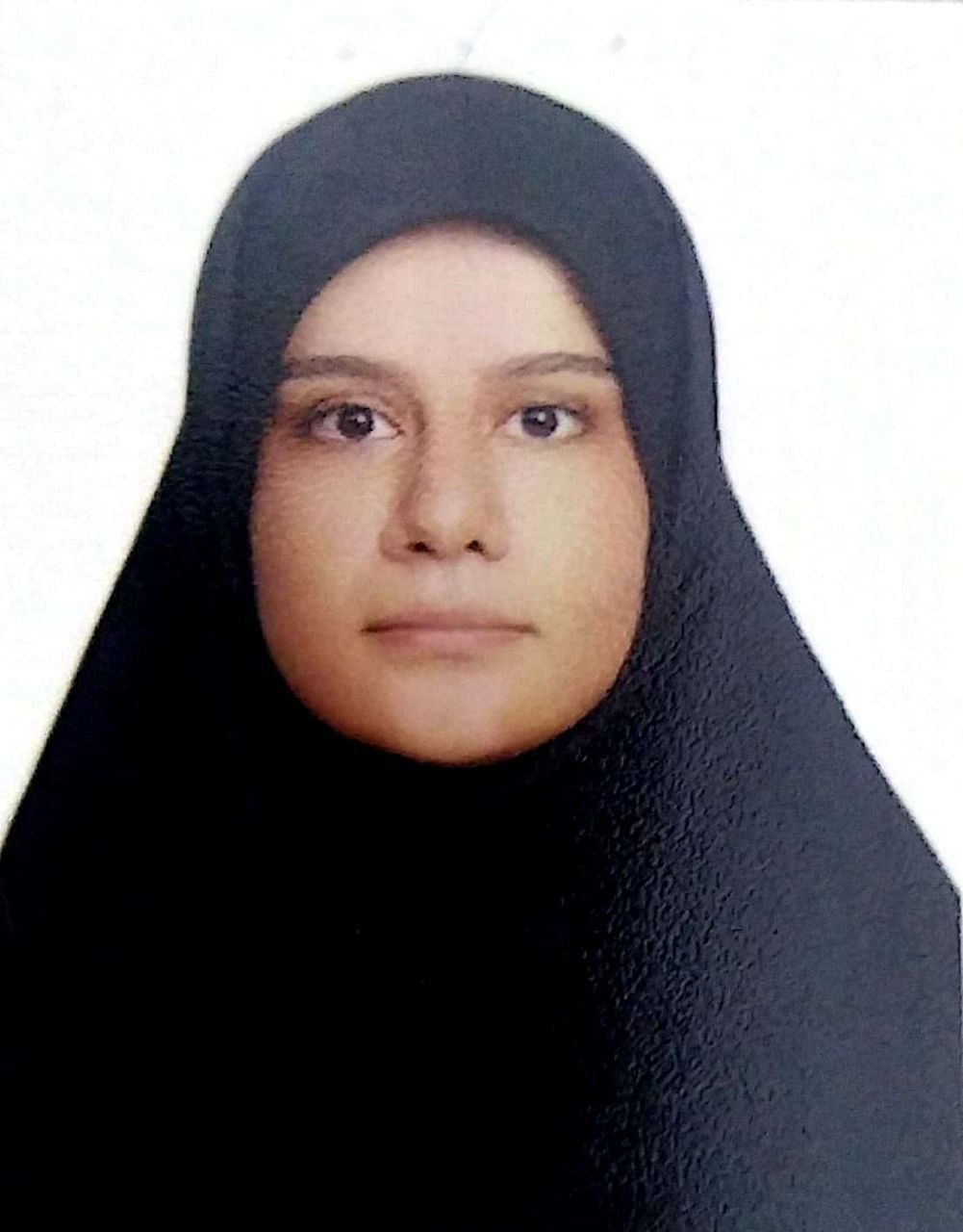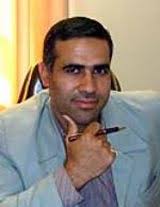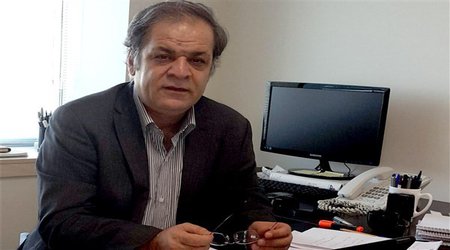Presentation of a Model for Achieving the Goals of the Resistance Economy through Ideal Individual Behavior of Employees in Government Organizations with a Qualitative Approach
Keywords:
Organizational Behavior, Resistance Economy, Individual Behaviors, Grounded TheoryAbstract
The achievement of the distinct and superior goals of the Islamic Revolution, in the face of global arrogance and economic pressures, as well as in line with the growth and perfection of all societal members and the expansion of justice, depends on the use of an appropriate economic model. The model introduced in the current situation of the country by the Supreme Leader is the Resistance Economy model. Undoubtedly, the implementation of the Resistance Economy model necessitates the formation of suitable human and social capital, an appropriate environment, and having a behavioral model. Therefore, the present study seeks to provide a model of ideal individual behavior of employees in organizations to achieve the goals of the Resistance Economy using grounded theory. This research is qualitative in philosophy with an inductive approach and exploratory in nature. In this study, the researcher categorized and coded the collected data using the grounded theory method and MAXQDA2018 software. In this research, ten experts (interviewees), who were mostly university professors, executive managers, and experts from government agencies, constituted the research source. The findings of the study indicate that the behavioral model of employees in government organizations to achieve the Resistance Economy model has main dimensions of value, attitude, and behavior at the individual level, and culture, structure, and process at the organizational level, which are divided into sub-categories. Subsequently, according to the obtained results, causal conditions, central category, context, strategy, intervening conditions, and consequences of the behavioral model in achieving the Resistance Economy were extracted using grounded theory.
Downloads






















